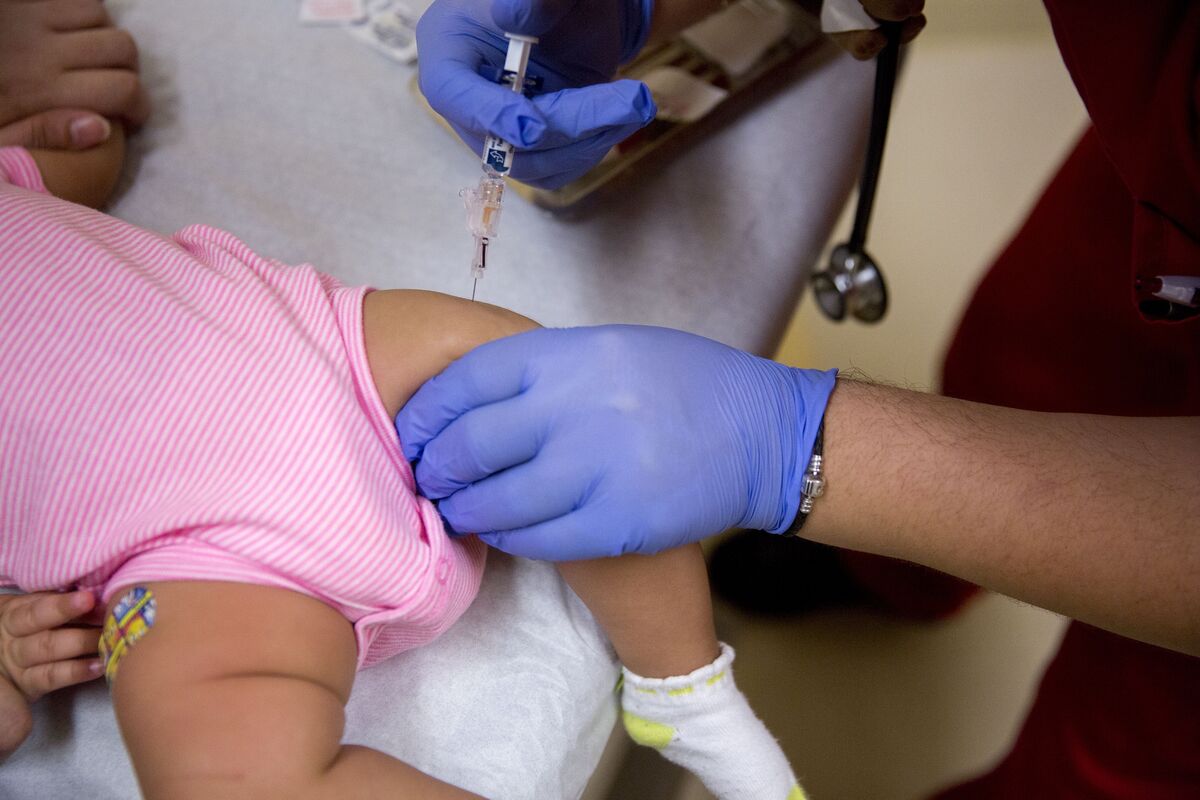
News
September 21, 2025
RFK Jr. Panel Sparks Chaos, Muddies Long-Set Vaccine Schedule
A panel hosted by Robert F. Kennedy Jr. on vaccine schedules has drawn sharp criticism from medical professionals and public health officials, raising concerns about the spread of misinformation and its potential impact on vaccination rates. The panel, which featured speakers known for questioning vaccine safety, presented alternative vaccination schedules that deviate significantly from the Centers for Disease Control and Prevention (CDC) and the American Academy of Pediatrics (AAP) recommended guidelines. Critics argue that these alternative schedules are not supported by scientific evidence and could leave children vulnerable to preventable diseases.
The event, held last week, quickly ignited a firestorm of debate within the medical community. Doctors and scientists are worried that the panel's claims will sow confusion among parents, leading them to delay or forgo vaccinations for their children. This, they warn, could reverse decades of progress in eradicating and controlling infectious diseases like measles, mumps, and rubella.
The core of the controversy lies in the panel's challenge to the established vaccine schedule, which is based on extensive research and designed to provide optimal protection at specific ages. The CDC and AAP schedules are developed and regularly reviewed by experts to ensure their safety and effectiveness. The panel's proposed alternatives, however, lack the same rigorous scientific backing, raising questions about their safety and efficacy.
"Spreading misinformation about vaccines is dangerous and irresponsible," stated Dr. Emily Carter, a pediatrician at a major children's hospital. "The recommended vaccine schedule is the safest and most effective way to protect children from serious diseases. Deviating from it puts children at unnecessary risk."
Public health officials are particularly concerned about the potential for outbreaks if vaccination rates decline. Even a small drop in vaccination coverage can lead to a resurgence of preventable diseases, putting not only unvaccinated children but also vulnerable populations like infants and immunocompromised individuals at risk.
The debate underscores the ongoing challenge of combating vaccine misinformation and the importance of relying on credible sources of information, such as the CDC, AAP, and trusted healthcare providers, when making decisions about vaccination. Parents are urged to consult with their doctors and rely on evidence-based information to ensure the health and safety of their children. The consequences of misinformation, experts warn, can be devastating.
The event, held last week, quickly ignited a firestorm of debate within the medical community. Doctors and scientists are worried that the panel's claims will sow confusion among parents, leading them to delay or forgo vaccinations for their children. This, they warn, could reverse decades of progress in eradicating and controlling infectious diseases like measles, mumps, and rubella.
The core of the controversy lies in the panel's challenge to the established vaccine schedule, which is based on extensive research and designed to provide optimal protection at specific ages. The CDC and AAP schedules are developed and regularly reviewed by experts to ensure their safety and effectiveness. The panel's proposed alternatives, however, lack the same rigorous scientific backing, raising questions about their safety and efficacy.
"Spreading misinformation about vaccines is dangerous and irresponsible," stated Dr. Emily Carter, a pediatrician at a major children's hospital. "The recommended vaccine schedule is the safest and most effective way to protect children from serious diseases. Deviating from it puts children at unnecessary risk."
Public health officials are particularly concerned about the potential for outbreaks if vaccination rates decline. Even a small drop in vaccination coverage can lead to a resurgence of preventable diseases, putting not only unvaccinated children but also vulnerable populations like infants and immunocompromised individuals at risk.
The debate underscores the ongoing challenge of combating vaccine misinformation and the importance of relying on credible sources of information, such as the CDC, AAP, and trusted healthcare providers, when making decisions about vaccination. Parents are urged to consult with their doctors and rely on evidence-based information to ensure the health and safety of their children. The consequences of misinformation, experts warn, can be devastating.
Category:
Politics